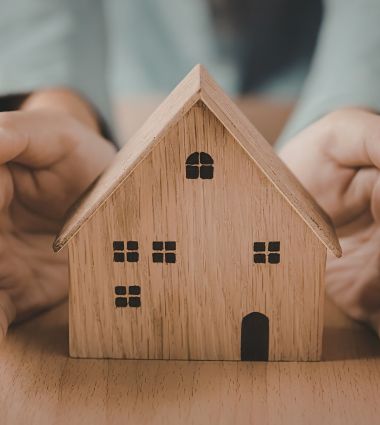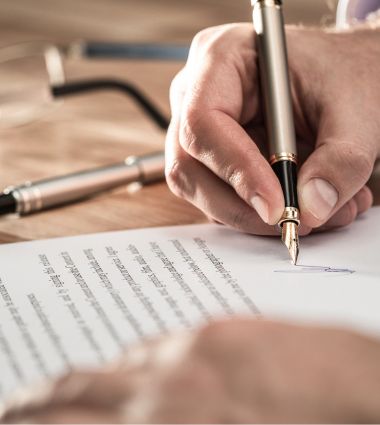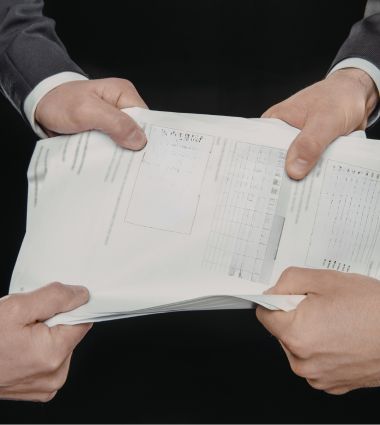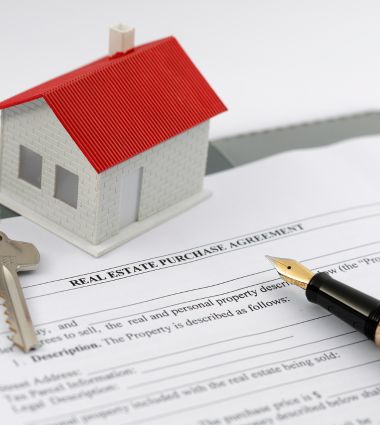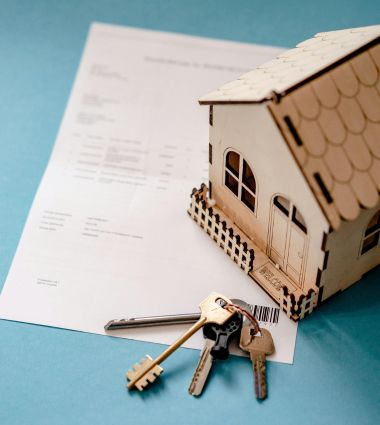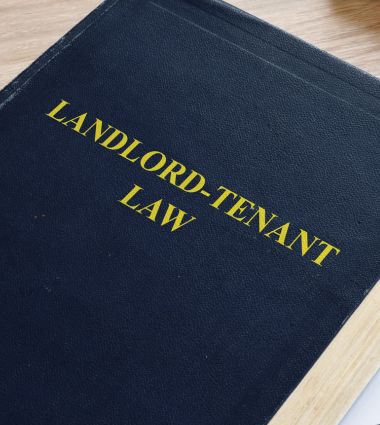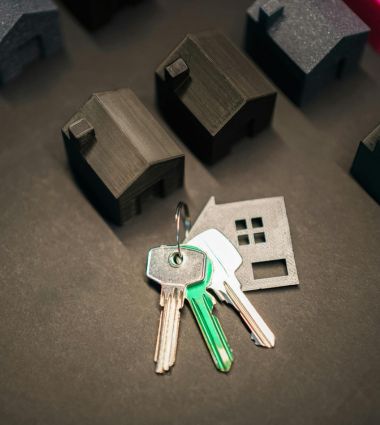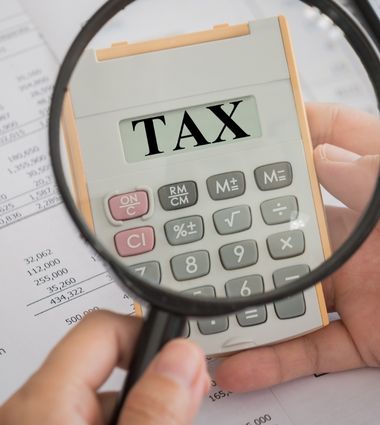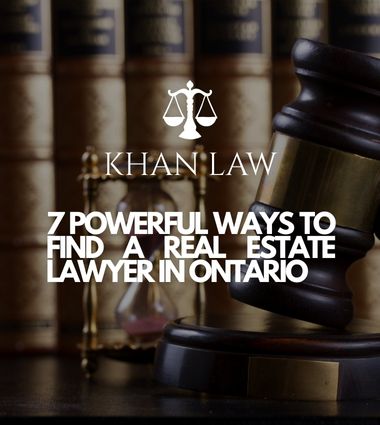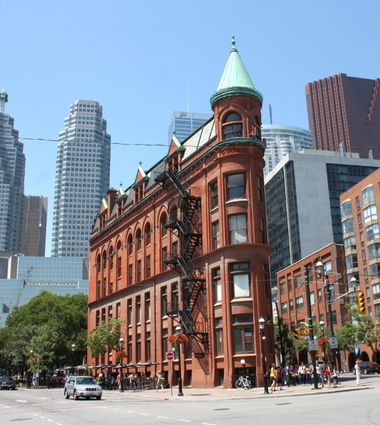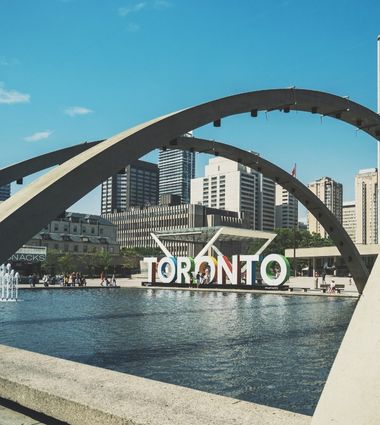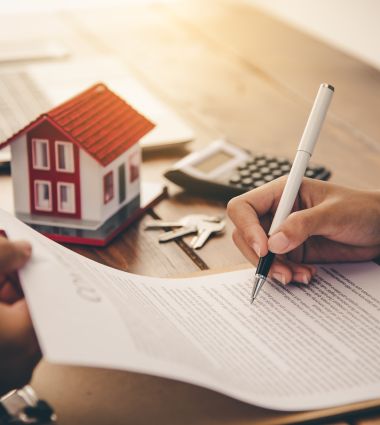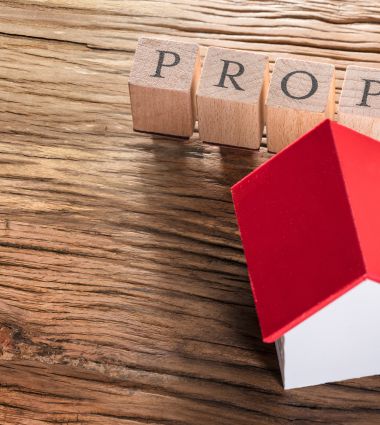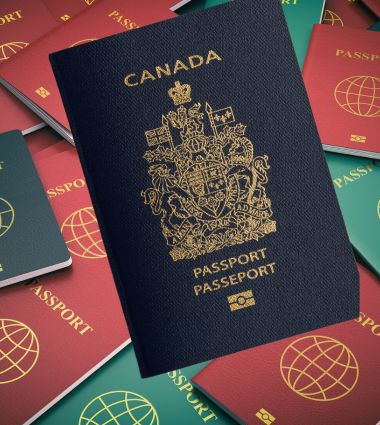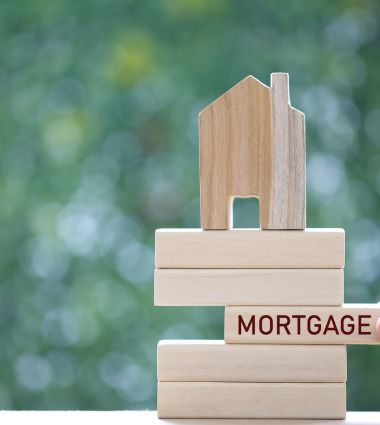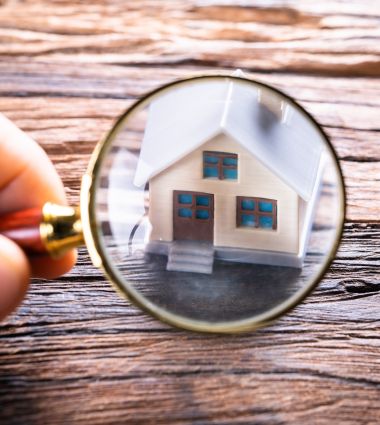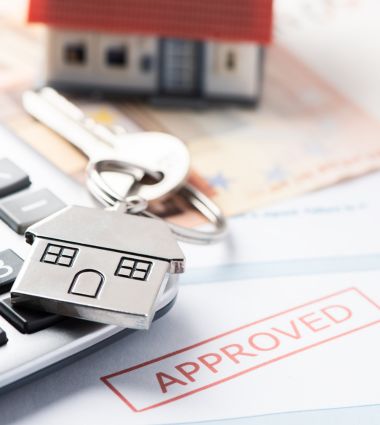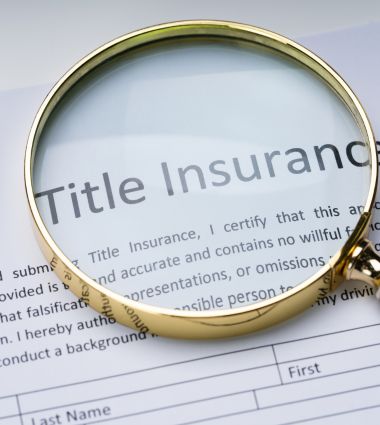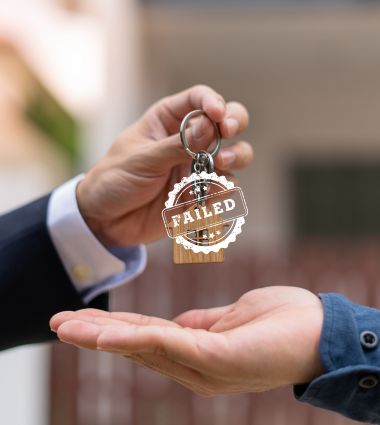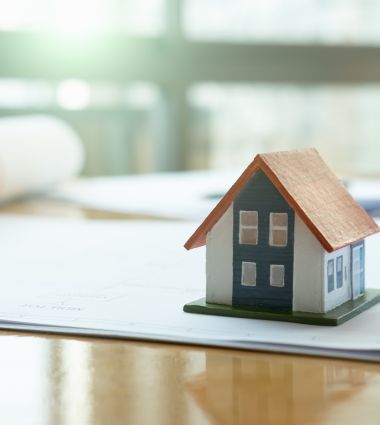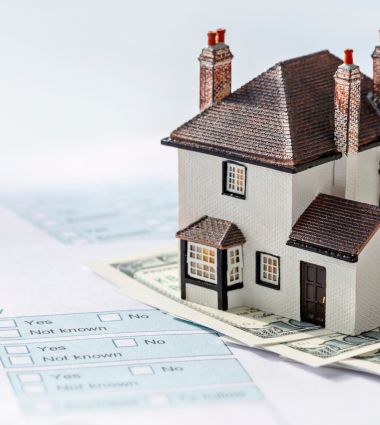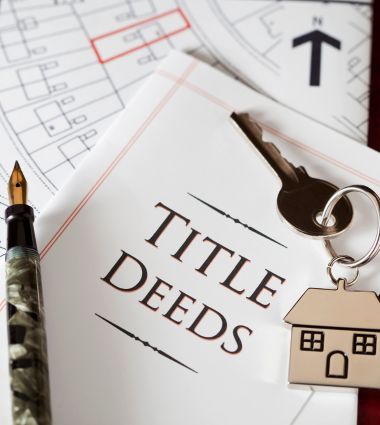Why Your Agreement of Purchase and Sale Matters More Than You Think
Buying a home in Toronto isn’t as simple as picking one, shaking hands, and calling it yours. There’s a contract — a legally binding one — that locks you into the deal. It’s called the Agreement of Purchase and Sale (APS), and it’s more than just paperwork. It’s the rulebook for the entire transaction.
Most people glance at it, sign, and move on. That’s a mistake.
This document decides what you’re paying, what’s included, when you’ll get the keys, and what happens if something goes wrong. If it’s not written in your favour — or if you don’t fully understand it — you could end up losing money, dealing with delays, or even getting stuck in a deal you don’t want.
This post breaks down exactly why the APS matters, where buyers go wrong, and how a real estate lawyer can protect you from costly mistakes. If you’re buying a home, this is the one document you can’t afford to ignore.
What is the Agreement of Purchase and Sale?
When you buy a home, you’re not just shaking hands and calling it a deal. There’s a contract involved, and it’s called the Agreement of Purchase and Sale (APS). Think of it as the rulebook for the transaction. It spells out what you’re paying, what’s included, and what conditions need to be met before the sale is final.
Once you sign, it’s legally binding. You can’t just change your mind and walk away — unless the contract says you can. That’s why it’s so important to get it right.
What’s Inside the APS?
The APS covers all the key details of your home purchase. Here’s what’s typically in it:
- Purchase Price & Deposit: The total price of the home and how much you’re putting down as a deposit. In Toronto, deposits can range from 5% to 10% of the purchase price. If you back out for the wrong reasons, you might lose it.
- Closing Date: The day you officially become the owner. This is when the rest of the money is paid, and the keys are handed over.
- Conditions & Clauses: These are safety nets. Common ones include:
- Financing Condition: You can back out if you can’t get a mortgage.
- Home Inspection Condition: If major issues are found, you have options — negotiate repairs, lower the price, or walk away.
- Lawyer Review Clause: Your lawyer gets time to review the contract before you’re locked in.
- Inclusions & Exclusions: This section clarifies what comes with the house. Appliances? Light fixtures? Window coverings? If it’s not in writing, don’t assume it’s included.

Why This Contract is More Important Than You Think
Most buyers focus on the price, but the fine print is just as important. A poorly written APS can leave you stuck with unexpected costs, legal headaches, or a home with hidden issues. Here’s what can go wrong:
1. Losing Your Deposit
If you back out of the deal without a valid reason, the seller can keep your deposit. In a market like Toronto’s, where deposits can be tens of thousands of dollars, that’s not pocket change.
2. Getting Stuck With a Bad Deal
Many buyers waive conditions to compete in bidding wars. But if your mortgage doesn’t come through or the inspection reveals serious issues, you might still be legally required to buy the home. That could mean lawsuits or massive financial stress.
3. Unexpected Costs
If the APS doesn’t spell out who pays for what, you could get stuck with extra closing costs — things like unpaid property taxes, utility bills, or repair costs. Toronto buyers also have to pay land transfer tax, which can be tens of thousands of dollars. If you’re not prepared, it can be a nasty surprise.
4. Closing Delays
What happens if the seller isn’t ready to move out on time? If the APS doesn’t have clear penalties for delays, you could be left paying rent, storage fees, or even hotel costs while waiting to move in.
Where Most Homebuyers Go Wrong
Most people don’t mess up their Agreement of Purchase and Sale (APS) because they’re careless. They just don’t know what to watch out for. Buying a home is complicated, especially in a city like Toronto, where bidding wars and fast-moving deals are the norm. If you don’t slow down and pay attention to the details, you could end up with legal headaches, unexpected bills, or a deal that doesn’t turn out the way you thought.
Here’s where buyers often slip up:
1. Signing Without a Lawyer Looking It Over
Real estate agents handle offers, negotiations, and paperwork, but they aren’t lawyers. Their job is to help you buy a home, but they can’t give legal advice. If there’s vague wording in the APS or key protections missing, you won’t notice — but a real estate lawyer will.
A simple mistake in the wording can cost you thousands or even force you into a bad deal. For example, if the contract says, “seller to repair the roof,” that’s too vague. Do they have to use a professional? What if they do a cheap patch job? A lawyer can make sure everything is written in a way that actually protects you.
2. Waiving Important Conditions to Win the Bid
Toronto’s real estate market is competitive, and many buyers feel pressured to waive financing and home inspection conditions to make their offer stand out. On paper, it makes sense — the fewer conditions, the smoother the sale, right?
But here’s the risk:
- If you can’t secure your mortgage, you’re still legally responsible for the deal. You could lose your deposit or even face legal action.
- If there’s a hidden issue with the home — like foundation cracks or electrical problems — you’re stuck with it. No second chances, no renegotiating.
A home is a huge investment. If a deal only works when you take big risks, it’s probably not a good deal.
3. Assuming Everything in the House Comes With It
You walk through the home, admire the high-end appliances, the designer light fixtures, and that custom-built shelving unit. You assume they’ll all be there when you move in. But if the APS doesn’t specifically list them, the seller has zero obligation to leave them behind.
It happens more often than you’d think. Buyers move in expecting the fancy fridge and washer-dryer, only to find cheap replacements — or nothing at all. If you want something included, make sure it’s written down. Verbal agreements don’t count in real estate.
4. Forgetting About Closing Costs
Buying a home isn’t just about the price tag. There are a lot of extra costs that buyers don’t always plan for, including:
- Land transfer tax – In Toronto, you pay both a provincial and municipal land transfer tax. On a $1 million home, this can add up to over $32,000.
- Legal fees – A real estate lawyer typically charges between $1,500 and $3,000.
- Property tax and utility adjustments – If the seller prepaid taxes or utilities, you might have to reimburse them at closing.
If you don’t factor these in, you could come up short on closing day. And in real estate, there’s no “I’ll pay you later” option.
How a Real Estate Lawyer Can Protect You
Hiring a real estate lawyer isn’t just about filling out paperwork — it’s about making sure you don’t end up stuck in a bad deal. Buying a home comes with legal and financial risks, and a lawyer's job is to catch problems before they become expensive mistakes.
Here’s how they help:
1. Reviewing the APS Before You Sign
The Agreement of Purchase and Sale (APS) is legally binding, meaning once you sign, you’re locked in. A lawyer will go through the contract line by line to check for unfair terms, missing protections, or anything that could cause issues down the road.
For example, let’s say the APS says the home is being sold “as is.” That might sound fine at first, but in legal terms, it means the seller won’t be responsible for any problems after closing. If the roof starts leaking a month later, it’s on you. A lawyer can help flag risky clauses like this before you sign.
2. Negotiating Better Terms
If something in the contract isn’t in your favour, your lawyer can push for changes. They might work with the seller’s lawyer to:
- Extend deadlines if you need more time to arrange financing.
- Make repairs mandatory before closing if the inspection finds issues.
- Clarify vague terms so there’s no room for confusion later.
Real estate contracts aren’t set in stone. If a lawyer spots something unfair, they can help fix it before it’s too late.
3. Clarifying Your Rights
Legal jargon can be confusing. A good real estate lawyer will explain things in plain language so you actually know what you’re signing.
For example, if there’s a deposit dispute, what happens? If the seller backs out at the last minute, what are your rights? If you don’t understand the answers before signing, you could be left scrambling when problems come up.
4. Handling Closing Details
Closing day is when the home officially becomes yours, but a lot happens behind the scenes before you get the keys. Your lawyer will:
- Make sure the property title is clean (no liens, debts, or ownership disputes).
- Check for unpaid property taxes or other hidden costs.
- Ensure all documents are properly registered with the city.
If any of these steps are missed, you could inherit someone else’s financial mess. A lawyer makes sure everything is cleared before you take possession.

How to Protect Yourself When Signing the APS
Buying a home is already stressful — you don’t want extra surprises on closing day. Here’s how to protect yourself:
Get a Real Estate Lawyer Involved Early
Don’t wait until closing to bring in a lawyer. Have them review the APS before signing so they can catch issues before they turn into problems.
Don’t Waive Important Conditions
Toronto’s market is competitive, and buyers sometimes waive conditions (like financing or inspections) to win a bid. That’s risky. If your mortgage falls through or the home has serious defects, you could be stuck with a deal you can’t afford.
Clarify What’s Included in the Sale
If you want appliances, light fixtures, or anything specific to stay, get it in writing. Sellers aren’t required to leave anything behind unless it’s listed in the APS.
Know Your Closing Costs
Many buyers focus on the home price but forget about extra fees. In Toronto, you’ll need to budget for:
- Land Transfer Tax (both provincial and municipal)
- Legal Fees
- Title Insurance
- Property Tax Adjustments
If you don’t plan for these, you could come up short on closing day.
Don’t Rush Just Because of Market Pressure
Bidding wars can make it feel like you have to act fast or lose out. But rushing into a bad deal is worse than missing out on one. Take the time to review everything carefully — it’s a major purchase, and mistakes can be costly.
The APS Isn’t Just Paperwork — It’s Your Protection
The Agreement of Purchase and Sale isn’t just a formality — it’s the most important document in your home purchase. It defines your rights, your responsibilities, and your ability to walk away if something isn’t right.
A real estate lawyer ensures that you’re signing something that protects you, not just the seller. If you’re buying a home in Toronto, don’t take chances — get expert legal advice before you sign.
Need a real estate lawyer in Toronto? Contact Khan Law today and make sure your home purchase is legally secure.
Real Estate
Family Law
Wills & Estates
Immigration
Join Our Mailing List.
Sign up with your email to receive our newsletter and stay informed about the latest legal developments and special offers.

